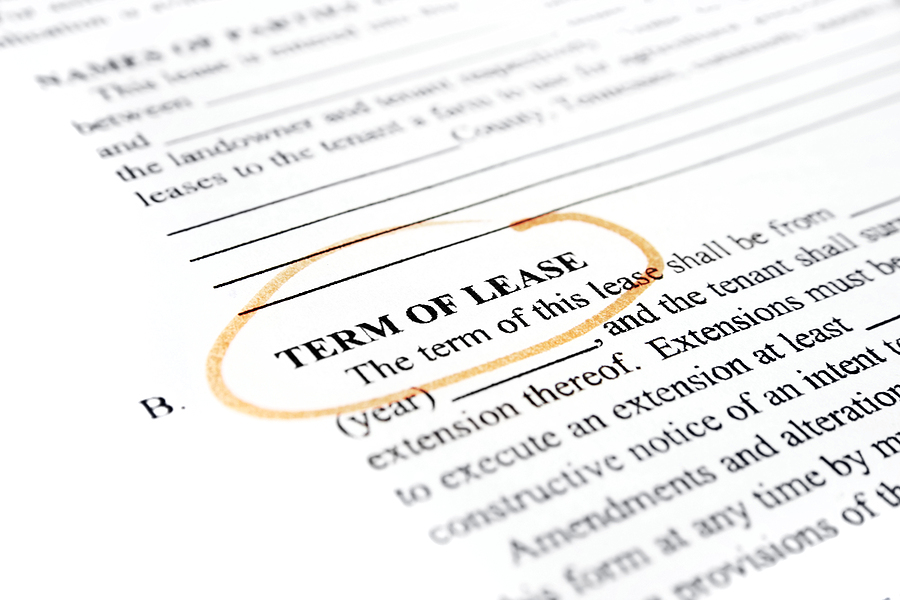Have you recently invested in a residential property in addition to the one you’re living in? Are you planning to lease out your new property but you’re not sure how the process works?
One of the best ways to step into the property leasing business is to enlist the services of one of the leasing agents Rowville is well known for. Making use of their expert knowledge will ensure you have the best results!
Points to Make You an Expert Landlord
On Average, 67% of Australians own property. Many people invest in property for the sole purpose of leasing and earning a return on investments. Often though, this can be very daunting for first-time landlords.
Before you start leasing out your residential property, there are a few pointers to consider that will make the process hassle-free. Our experts have compiled a few of the most common tips for you to consider.
1. Enlist the Help of a Leasing Agent
You might want to reap the rewards of leasing your property, but you’re not up for the business end of the leasing process. You might not have the expertise or time available to deal with nagging tenants, late payments and any related tenant issues.
Fortunately, leasing agents can help you with all of this! As experts in their fields, they can do all the dirty work for you. From drawing up contracts to getting payments on time they deal with everything related to the leasing process. That way you don’t have to!
2. Study Up on the Law
Whether you use a leasing agent or not, brush up on the laws surrounding the leasing of properties. Your research should include information regarding the following:
- Your rights when the property is damaged
- Drawing up of contracts
- Your rights in terms of non-payments and evictions
- Your responsibilities as a landlord
A good place to start is Consumer Affairs as they provide a concise breakdown of the rights and responsibilities of everyone involved.
3. Prepare Your Property
Preparing your property for leasing is crucial. The better your property looks, the easier it will be to get long-term tenants. It’ll also be easier to request the maximum rate if your property is modern, clean and in line with current market trends. Some property improvements include:
- Upgrade a dated kitchen
- Install built-in cupboards in the bedrooms
- Add a shower to the bathroom
- Remove old carpets, replace them with modern tiles
- Add a fresh coat of paint inside and out
4. Plan Marketing
Once your property is renovated and cleaned up the next step is marketing. Having a modern marketing plan is key. Find online property advertising channels as this is most people’s go-to arena for property searches.
Make sure you take high-resolution photos of all the rooms, features, garden and yard space. Be sure to emphasise the features that make your property a good option.
5. Decide on the Pet-friendly Issue
One of the biggest decisions to make is whether or not your property will be pet-friendly. Some landlords are dead set against having a tenant’s pets on the property, while others don’t mind at all. There are a few credible pros and cons to consider before making the final decision in this regard.
Pros
- High demand for pet-friendly properties
- Leases can be amended to include clauses to compensate for damage caused by pets
- Since finding pet-friendly properties is so difficult, tenants tend to stay longer, resulting in fewer vacant periods
Cons
- Pet’s can damage properties, especially wooden flooring
- Pet odours can be difficult to remove, especially out of carpets
- Pets can be noisy and a nuisance to neighbours
The best course of action here would be to consider the area. If you’re leasing a townhouse in a complex, consider if the other properties are pet-friendly. If you’re leaning toward the pet-friendly idea, renovate your property to minimise potential pet damage. For instance, remove carpets and replace them with durable laminate or ceramic tile floors.
6. Prospective Tenant Background Checks
Once you have found people interested in the property, it’s crucial to do concise background checks. Follow-up on the landlords who have previously rented to the applicant.
Enquire if there were any issues you should be aware of. Confirm the prospective tenant’s work status to ensure there’ll be a consistent income to maintain rental payments every month.
7. Regular Property Inspections
A crucial point to enforce if you’re going to manage your own property is regular property inspections. Set up quarterly or yearly inspections when the leasing contract is extended.
This way you can make sure your property isn’t being neglected or deliberately damaged. You’ll also be able to check if there are any normal wear and tear items that need replacing such as squeaky floorboards, wall cracks or termites.
Final Thought
Leasing property in the correct way can become a constant source of income. Making use of the services of a leasing agent will help you understand the legal ins and outs of the rental process. Leasing your property doesn’t have to be a nightmare!
Image Source: BigStockPhoto.com (Licensed)
Site Disclaimer
The Content in this post and on this site is for informational and entertainment purposes only. You should not construe any such information or other material as legal, tax, investment, financial, or other advice. Nothing contained on our Site constitutes a solicitation, recommendation, endorsement, or offer by HII or any third party service provider to buy or sell any securities or other financial instruments.
Nothing in this post or on this site constitutes professional and/or financial advice. You alone assume the sole responsibility of evaluating the merits and risks associated with the use of any information or other content in this post or on this site.
You recognize that when making investments, an investor may get back less than the amount invested. Information on past performance, where given, is not necessarily a guide to future performance.
Related Categories: Real Estate, Reviews








